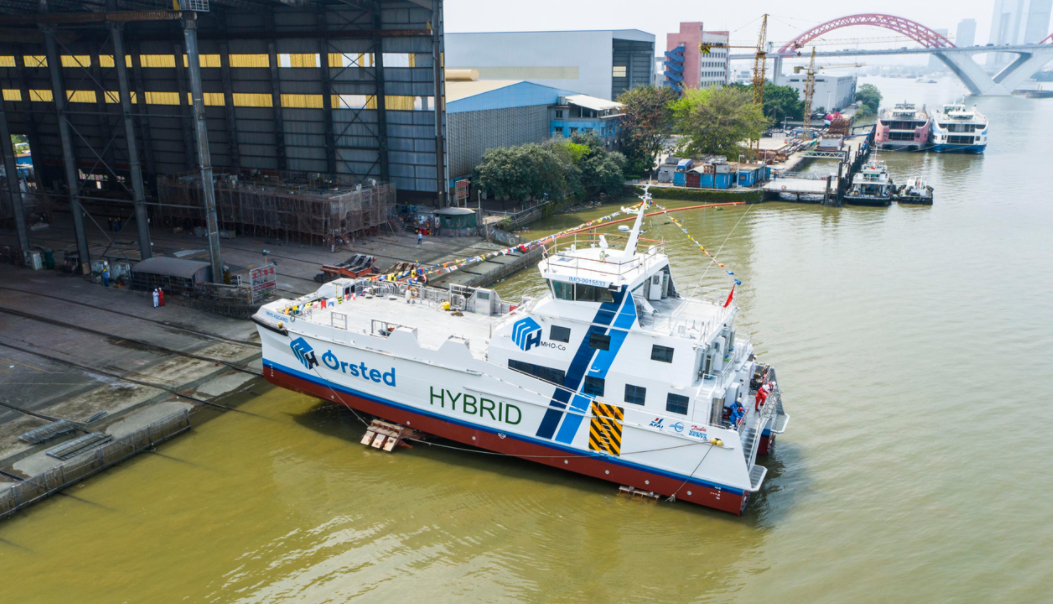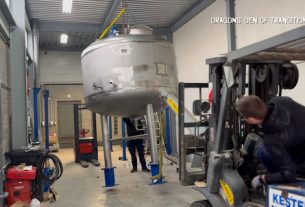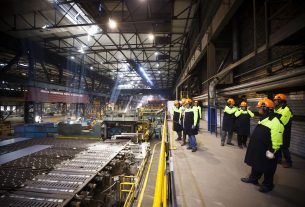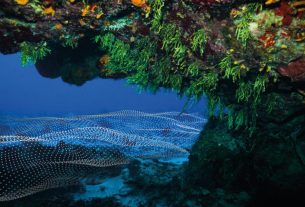Denmark – New consortium will spend €4.5 million during the next three years on developing green solutions for the future of the maritime industry.
The Danish shipping company MHO-Co will head the consortium. Together with Aalborg University, among others, and with grants from the Energy Technology Development and Demonstration Program (EUDP), MHO-Co will test fuel cells and new battery technology on the shipping company’s advanced hybrid vessels.
Environmentally-friendly technology
The aim is to develop environmentally-friendly technology to replace fossil fuels and dominate the maritime industry in the future. The Danish shipping company is the initiator of the consortium which, apart from the companies Danfoss, Ballard Power Systems Europe, Sterling PlanB and Stuart Friezer Marine, consists of research engineers from Aalborg University. They have joined forces on the project at a total of €4.5 million, of which €2.15 million are grants from the Energy Technology Development and Demonstration Program (EUDP).
Fuel cells and batteries
Over the next three years, the six partners have an ambitious plan to develop and test a propulsion system for maritime transport that does not emit carbon dioxide. During this period, MHO-Co will test both fuel cells and liquid cooling system batteries. Ballard Power Systems Europe will develop the first fuel cells for shipping. Another pillar of the project is the use of energy storage systems for maritime use. This is where Sterling PlanB contributes to the project.
Offshore tests
The next generation of MHO-Co’s vessels are custom designed to service the wind turbine and offshore industries, and the shipping company specializes in transporting technicians to and from large wind farms. Currently, the shipping company is building the world’s first Crew Transfer Vessels with hybrid propulsion, and these two vessels will be the focal point of the project. The two new vessels are being built in China and are scheduled to be put into operation in Europe before the summer holidays 2021.




